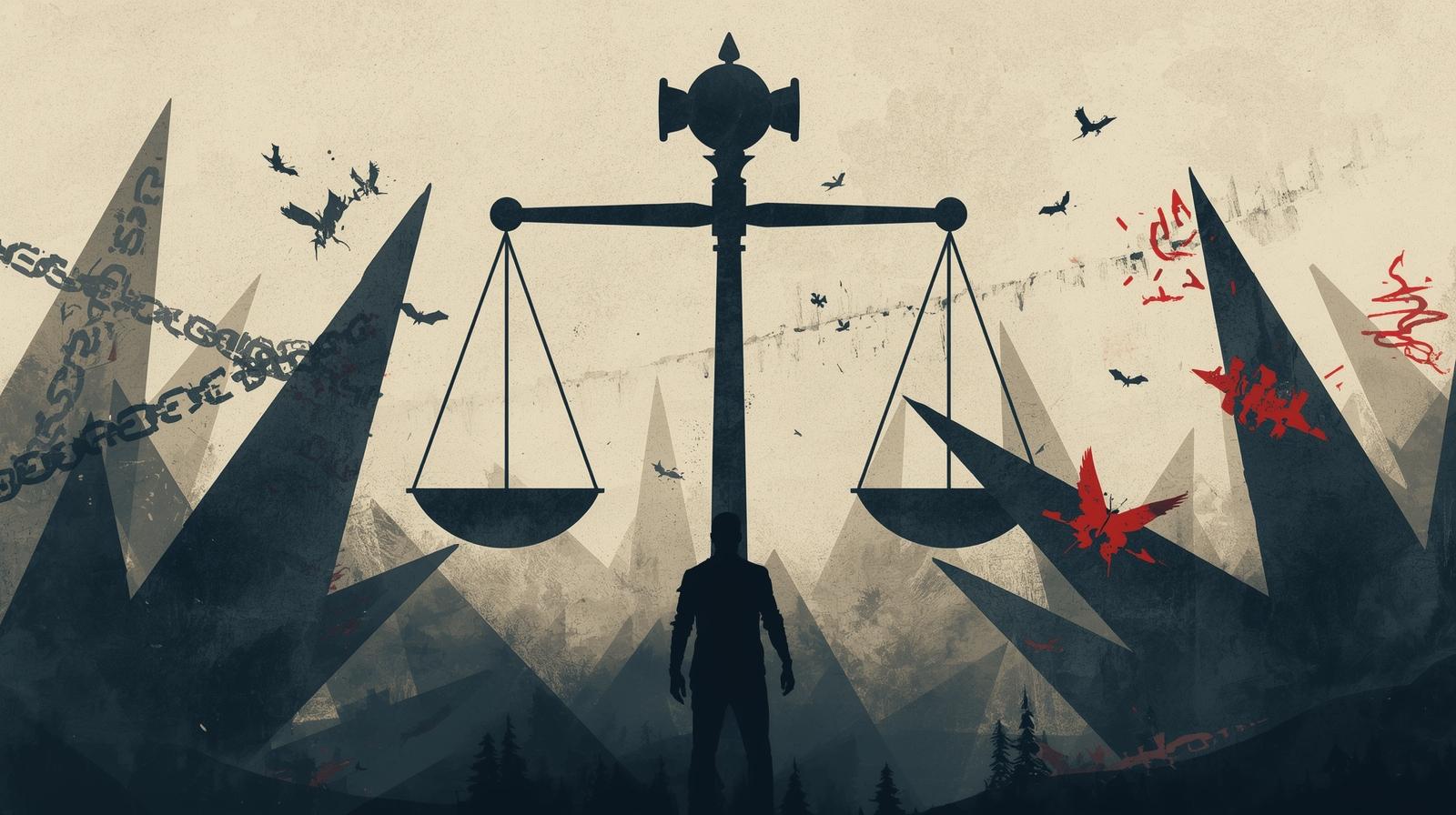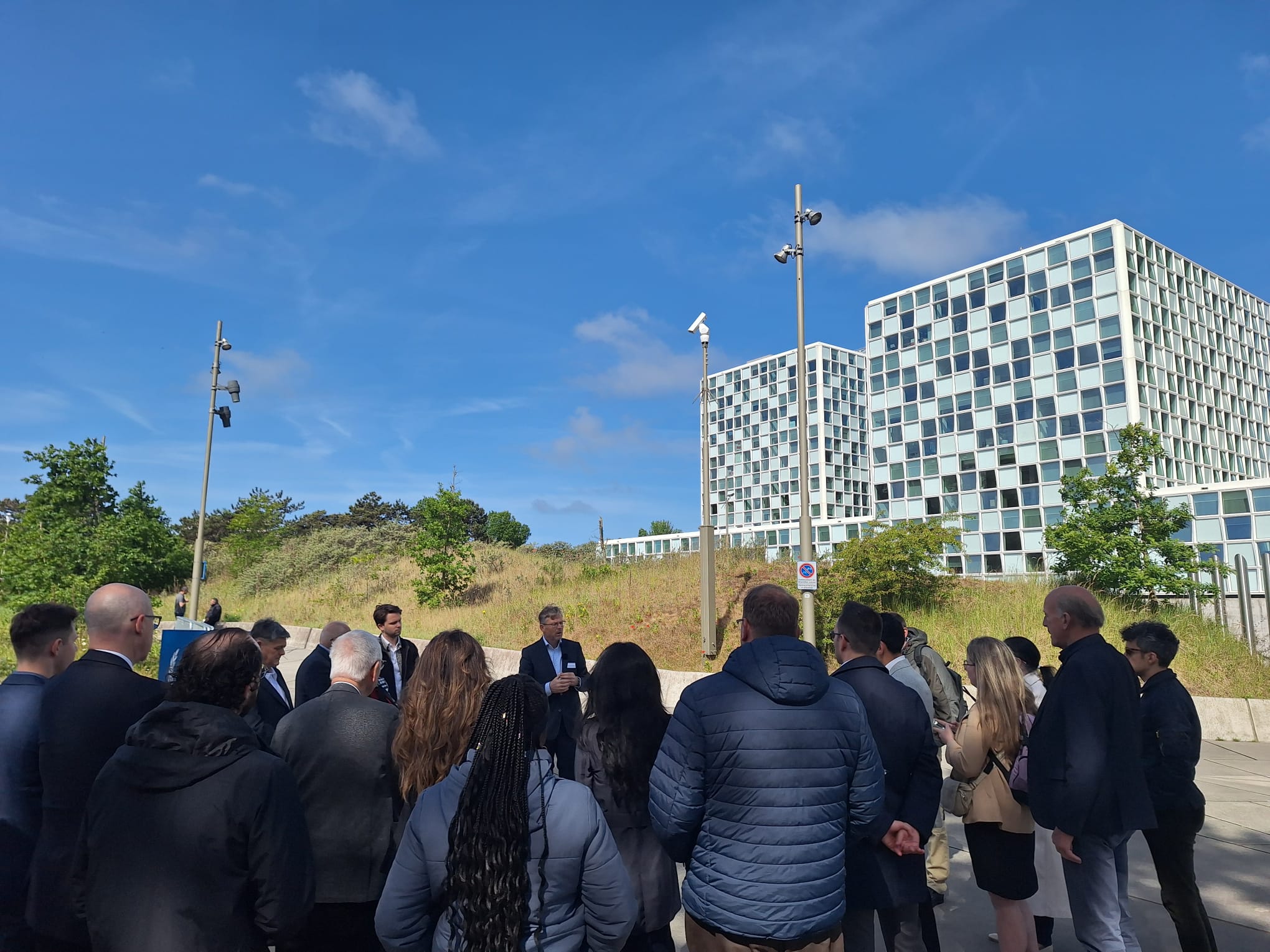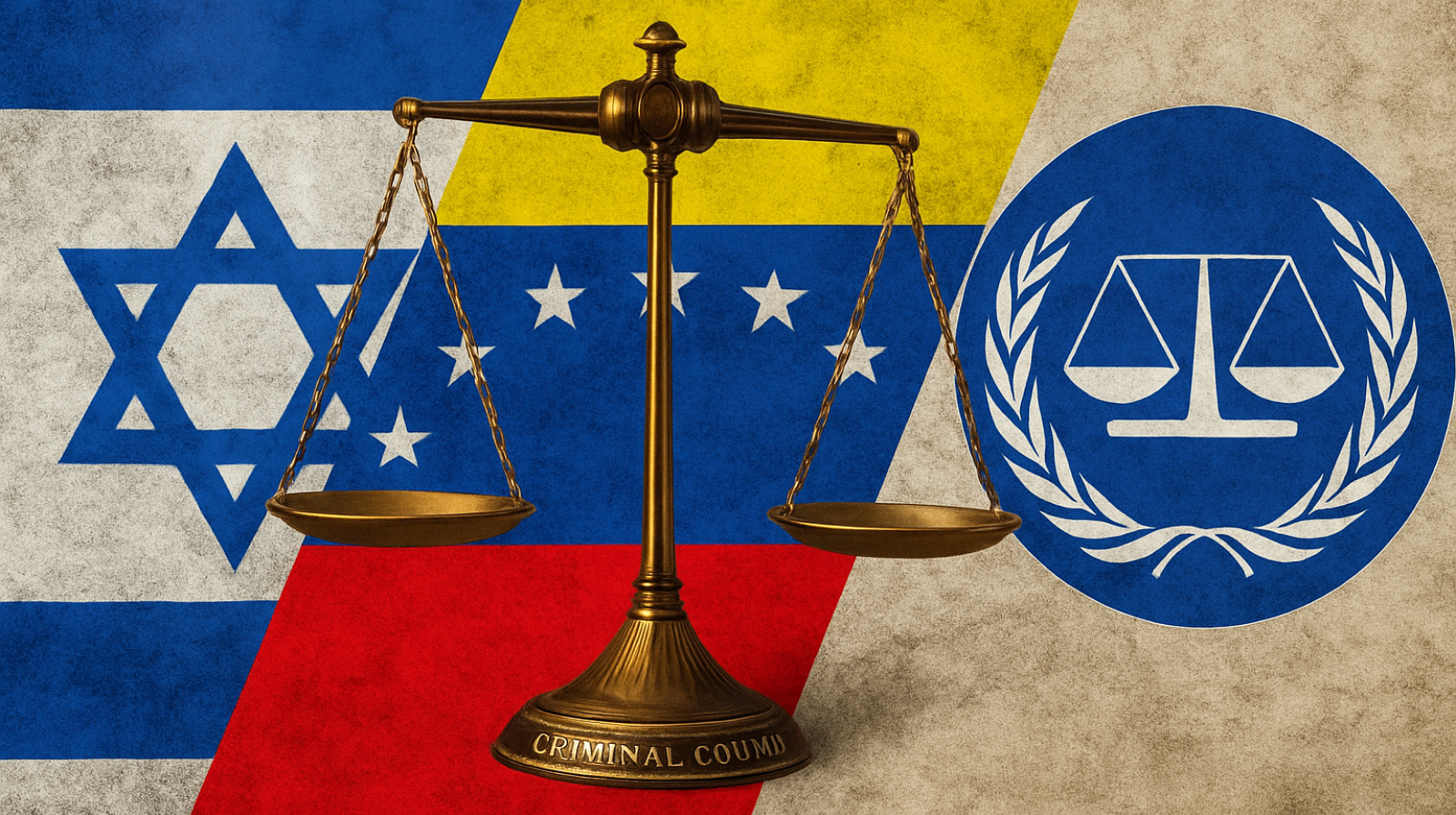by Andrew Tucker
thinc. was in New York last week, attending the high level week in the General Assembly. Heads of state flew into New York from around the world for an intensive week of speeches, and multilateral and bilateral meetings. Manhattan was transformed, roads around the UN buildings blocked off, police and security officials on almost every corner, innumerable massive black vans shuttling dignitaries to and from their hotels.
We met with delegations of a significant number of states – some Presidents, Prime Ministers, Foreign Ministers, Secretaries-of-State and Permanent Representatives and their staffs.
Our goals: to support efforts to develop a group of states sympathetic to Israel, persuade states that now is not the time to recognise a Palestinian state, and propose principles for peaceful achievement of Israel’s security and Palestinian autonomy.
We had the impression that although the majority of UN member states routinely condemn Israel for every conceivable sin under the sun, there is a small but significant (and perhaps growing) group of states who are sympathetic to Israel’s position, and while they may not agree with or approve all of Israel’s decisions, nevertheless wish to take a public stand to support Israel. Many of them are smaller states who do not wish to be dictated to by the large blocs of states in the UN – such as the Organisation of Islamic Cooperation, the Arab League, the African Union and the Non-Aligned Movement.
Many of these states are open to dialogue, and looking to connect with other like-minded states.
One of the main issues being discussed last week was the recognition of the State of Palestine. On Monday 22nd September France and Saudi Arabia hosted the continuation of the conference on this topic that was launched last July. the day before, the UK, Canada and Australia had officially announced their recognition of Palestine. A surprisingly small number of states (around 15) spoke at this conference. of course, the conference does not change anything. Recognition does not create states, nor does it affect the reality on the ground. Palestine is no closer to existing as a state than it was a few months or weeks ago, despite the fact that a significant number of states have in the meantime been falling over themselves to recognise its existence.
Many of the speeches expressed dissatisfaction with the UN, demanding significant reforms. Especially smaller states are unhappy with the imbalance of power within the organisation.



